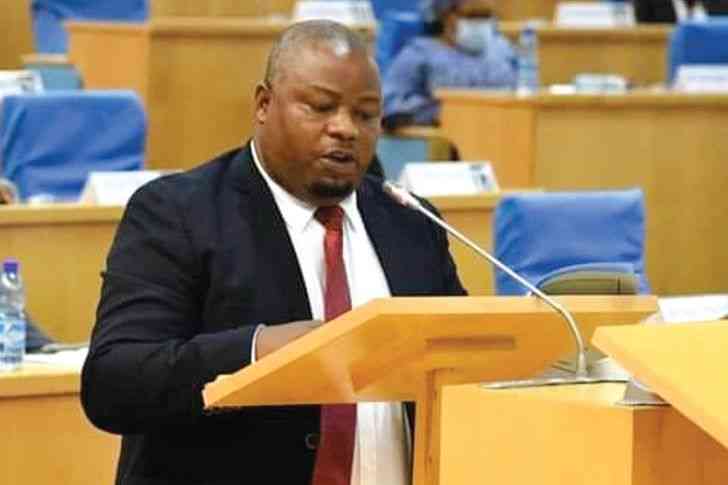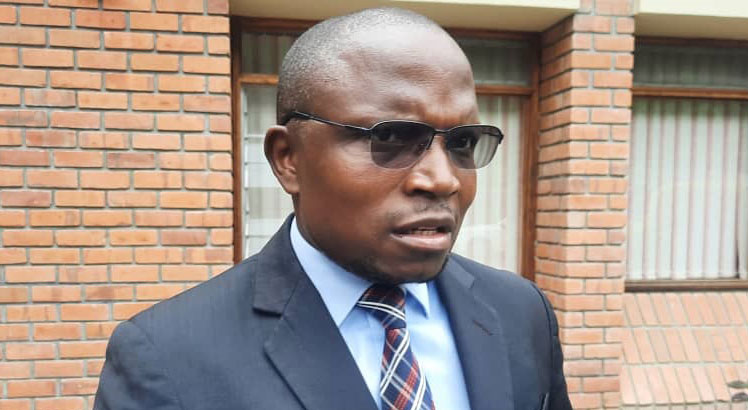K400bn needed to implement 2014/15 Malawi health plan
Malawi’s Ministry of Health needs $1 billion (about K400 billion) to implement its strategic plan for 2014/2015, The Nation has established.
Director of planning and policy development in the ministry, Dr Dalitso Kabambe, said this on Monday at the start of a two-week training programme in Leadership in Strategic Health Communication (LSHC) in Mangochi.

The country’s national budget is expected to jump by 24 percent from K600 billion in the 2013/2014 financial year to about K743 billion in the 2014/2015 financial year to punch up holes created by the Cashgate scandal.
Out of the K743 billion, Parliament already approved the provisional budget of K200 billion to be used from July 1 to September 30 2014 as government finalises the 2014/2015 national budget which has delayed due to the May 20 Tripartite Elections.
Kabambe, however, contended that most of the resources the ministry uses are off budget.
“This is why in the 2014/2015 national budget, we only asked for about K135 billion and the rest will come from our development partners,” he said.

Kabambe said in the 2013/2014 financial year the ministry asked for K67 billion in the national budget but got K52 billion.
“But we ended up using K259 billion in the 2013/2014 financial year because some money came from our development partners,” said Kabambe.
He, however, expressed concern that about 70 to 80 percent of the ministry’s resources are used to deal with three health conditions—HIV/Aids, maternal health and malaria.
“About 17 percent of our resources are spent on treating malaria patients, 25 percent in dealing with maternal health issues and 37 percent on HIV/Aids. If Malawi did not have these conditions, our budget would not be minimal.
“This is why I encourage all participants to this training to plan, design and implement behavioural change communication strategies that will help Malawi reduce the conditions,” said Kabambe.
The meeting—organised by Support for Service Delivery Integration (SSDI) Communication in partnership with Save the Children—has pooled together participants from the media, national and district health offices (DHOs), University of Malawi (Unima), Lilongwe University of Agriculture and Natural Resources (LUANAR) and nongovernmental organisations (NGOs).
SSDI chief of party Fayyaz Khan said the training based on a course which Johns Hopkins University, through Bloombeg School of Public Health, has been offering in the USA since 1998 and “is considered one of the best training opportunities in health communication in the world.”
The facilitator is Dr Benjamin Lozare from the Johns Hopkins University’s Bloomberg School of Public Health Centre for Communication Programmes (JHU-CCP). Lozare has worked as a researcher, lecturer and practised international and development communications for more than 35 years.
This is the third training Johns Hopkins University has organised in Malawi.





